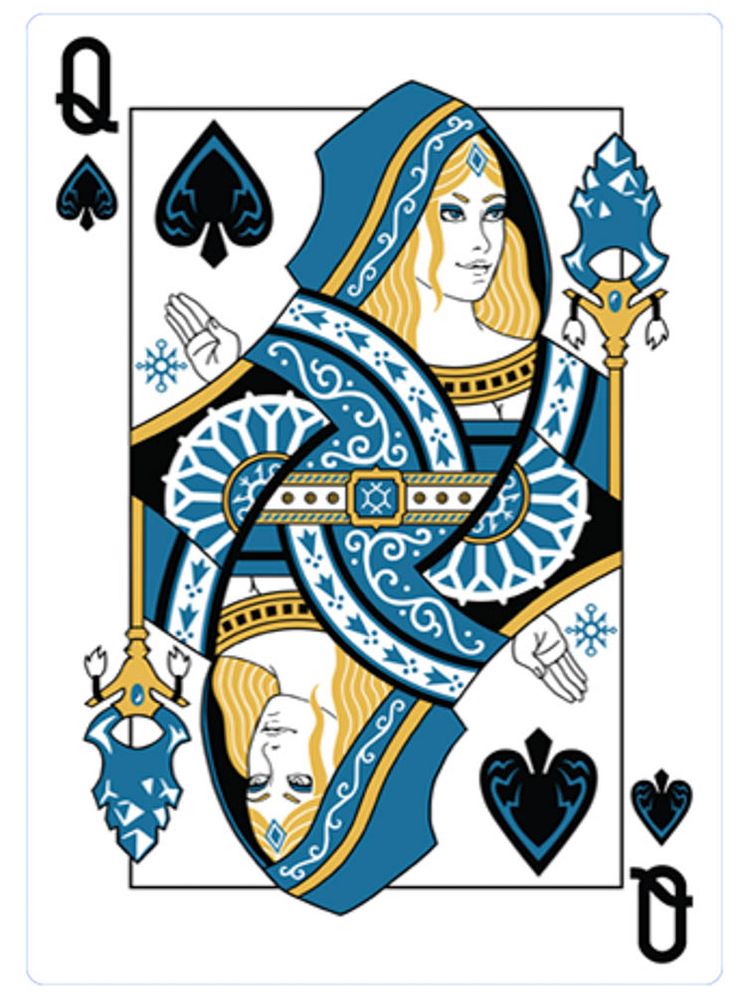Any advice for a regular smart 27 year old youngster, who has chronically underachieved and is motivated to turn their life around. They have a couple years of JC completed, and has no idea what path to take, or really what paths exist.
EDIT: OK, I see I gave slim pickins here. It’s not me, it’s my neighbor’s kid. I’ve known his parents since before he was born. He’s a super smart kid, but like a lot of smart kids, he got kind of jaded about…well, everything. I was visiting the other day and he asked me for advice, and my retired ass has nothing. Any relevant personal experience I may have, became dated years ago.
He’s good at just about all subjects. His longest lifelong hobby has been video games. He took a few programming classes and liked it, but the thought of doing it full time as a career would quickly become torture.
He’s kind of half-assed things and just realized he needs to get his shit straight. He was thinking something like finance, just numbers. Something solid that’s just a career direction. He is going back to school, well most likely he is, but he needs an idea of what path to take. Most of his friends are unemployed/underemployed with computer degrees.
First we need more info, for example: What activities do you enjoy? Would you rather have a job/career that pays for your hobbies, or a job/career that fulfills you? What would ‘normal’ or ‘high’ achievement look in your opinion?
I don’t know what JC means, junior college? One thing that helped me figure out what to do with my life was to go through a printed (if you can still get one) college course catalog and look at every single degree program my local community college (same thing?) offered. There were career paths in there I had never considered until prompted, and some I’d never imagined. I was in my 40s, btw. So while you’re better off figuring it out now, it’s never too late.
You’ve given literally 0 information about yourself.
IT at a small company. Every day is different and you need to be good at a thousand different things.
Get a degree and then get an office job where you dont have to interact with customers.
Go on job sites and see what the requirments are for various jobs. Many many jobs just ask for any degree in any field so get one.
What are you doing with your life at the moment? Job, study, whatever.
Theres always trade school if you’re the hands-on type
For economic success I recommend finding a niche, find somethings others want done but don’t want to do themselves and hopefully you enjoy.
School may or may not be needed from there. Its useful if credentials are a preq for the industry but there are other ways to learn some things like on the job and volunteer work.
I know things like greencore, peacecore, americore, joining the national guard are fulfilling for a lot of people looking for that “greater than themselves” expirence.
The single most-important thing you CAN do, is understand yourself as profoundly as you can.
Read John Truby’s book “The Anatomy of Genres”, which is on the 14 story-genres that we form our own meanings of.
He’s got a few details wrong
( like mistaking the Wild West village for what Village-archetype is, when real Village-archetype is the Tribal Mother Village,
and he misunderstands humor, as well, believing that the US-culture “drop” ( related to put-down ) is the core of humor, but the entire category of creative-misinterpretation is humor that isn’t dependent on “the drop”.
Hofstadter, in his “Godel Escher Bach” book, identified that the real shape of humor is the moebius strip: a strange loop.
You walk around in a “circle”, and … discover you’re now somehow upside-down??
Surprised-by-improbability, would be near-the-heart of it.
Anyways )
Truby’s book is CRAMMED with psychology insights into our forming, our growing-up, etc.
I’d require it of all high-schoolers, planetwide, for their HS diploma:
simply by making people encounter considering how they’re forming the meaning that they, themselves, are, would lever humanity up into much greater global understanding/competence, though it’d take a generation or 2 for the effects to become visible…
Lanier’s “Foreign to Familiar” & Hofstede’s “Exploring Culture” are both important, too, because if you know that some of the dimensions of culture they identify work a particular way for you ( ie doesn’t-work or you-need-this ), then suddenly, that spotlights something in your nature that has harmony in a specific subset of cultures, and shows you why that is doing this, in you…
( libraries exist: you don’t need to buy those, but the Truby books, you’ll probably fill with notes… )
_ /\ _




